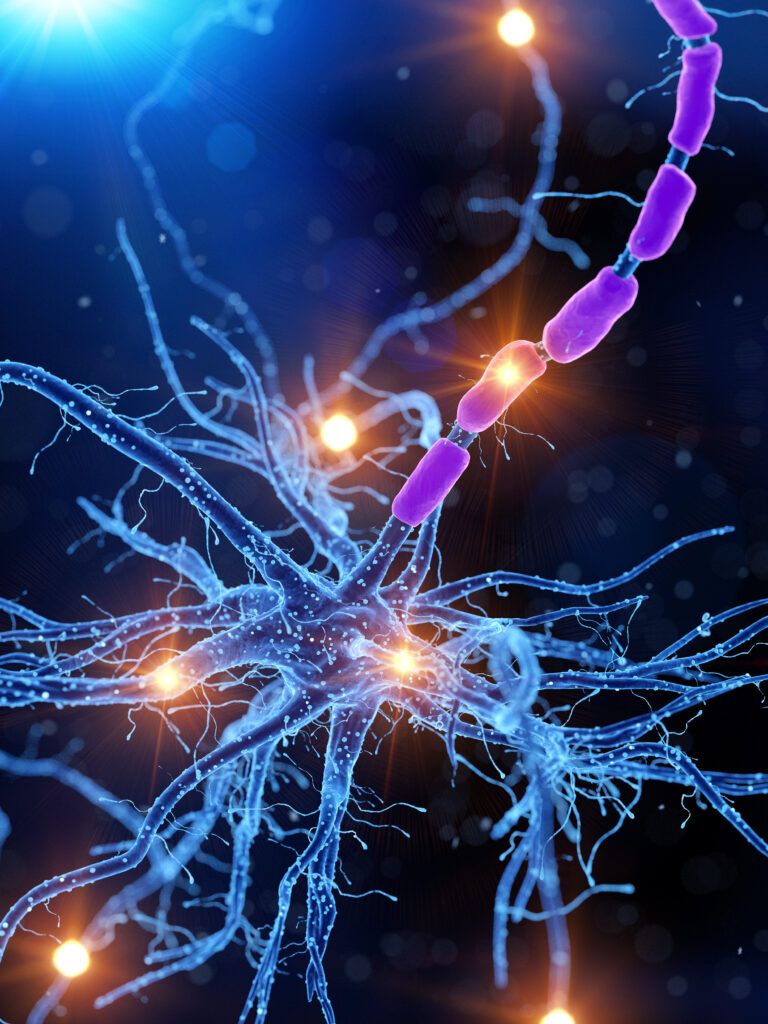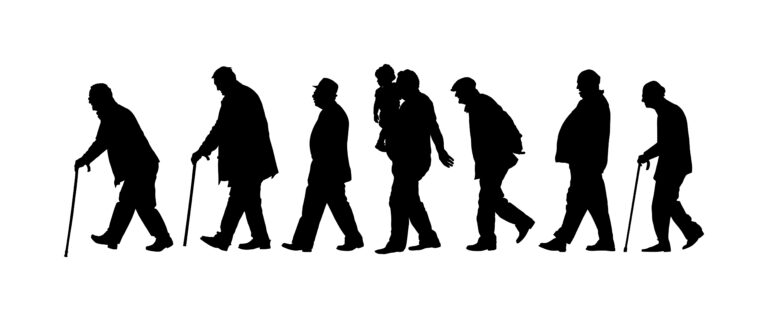Alzheimer’s disease is a progressive brain disorder that affects millions of people around the world. While it is commonly associated with older adults, there is a lesser-known type of Alzheimer’s that primarily affects young people. This type, known as early-onset or young Alzheimer’s, is a devastating condition that impacts individuals in the prime of their lives. In this article, we will explore what young Alzheimer’s is, its symptoms, causes, and treatment options.
What is Young Alzheimer’s?
Young Alzheimer’s, also known as early-onset Alzheimer’s, is a type of dementia that affects people under the age of 65. While it only accounts for about 5% of all Alzheimer’s cases, it still affects an estimated 200,000 people in the United States alone. This type of Alzheimer’s is often misdiagnosed or overlooked due to its rarity and the common assumption that it only affects older individuals.
Symptoms of Young Alzheimer’s
The symptoms of young Alzheimer’s are similar to those of the more common late-onset Alzheimer’s, but they tend to occur at a younger age. The earliest signs of young Alzheimer’s include forgetfulness and difficulty with tasks that were once easy. As the disease progresses, individuals may experience confusion, difficulty with language, and changes in mood and behavior. They may also struggle with organizing thoughts and performing everyday tasks.
One of the key differences between young and late-onset Alzheimer’s is the severity and rapid progression of symptoms. With young Alzheimer’s, symptoms can progress much faster and have a more significant impact on a person’s daily life.
Causes of Young Alzheimer’s
The exact cause of young Alzheimer’s is still unknown. However, researchers have identified some risk factors that may contribute to the development of the disease. These include genetic factors, such as inherited genes from family members, as well as lifestyle factors like diet and physical activity levels.
In some cases, young Alzheimer’s can also be linked to head injuries or certain medical conditions like Down syndrome. However, these cases are rare and do not account for the majority of young Alzheimer’s cases.
Treatment Options
Currently, there is no cure for Alzheimer’s disease, including young Alzheimer’s. However, there are various treatment options available that can help manage symptoms and improve quality of life.
Medications such as cholinesterase inhibitors and memantine can help improve cognitive symptoms and delay disease progression in some cases. Psychological and behavioral therapies can also be beneficial in managing mood and behavior changes associated with young Alzheimer’s.
Additionally, a healthy lifestyle that includes regular exercise, a nutritious diet, and social engagement is crucial for managing symptoms and slowing disease progression.
Coping with Young Alzheimer’s
Being diagnosed with any form of Alzheimer’s, especially at a young age, can be devastating for both individuals and their families. Coping with the diagnosis can be challenging, but there are resources available to help. Support groups, therapy, and education about the disease can provide emotional support and practical guidance for individuals and their loved ones.
It is also essential to plan for the future and make legal and financial arrangements to ensure that the person with young Alzheimer’s is well taken care of. Having open and honest communication with family members and healthcare providers is crucial in ensuring the best care possible for those living with young Alzheimer’s.
In conclusion, young Alzheimer’s is a rare but devastating form of dementia that primarily affects people under the age of 65. Its symptoms are similar to late-onset Alzheimer’s, but they occur at a younger age and progress more rapidly. While there is currently no cure for the disease, there are treatment options available to manage symptoms and improve quality of life. With proper support and planning, individuals with young Alzheimer’s can still live fulfilling lives and have meaningful relationships with their loved ones.





